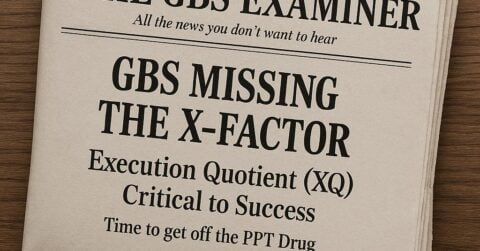
Automation has the essentials for introducing different kinds of business risks and risk at a different order of magnitude. The new risks manifest differently and have greater consequences than in a normal business process. The issue is the difference between type 1 and type 2 errors.
- Type 1 error. This is a normal error such as making a mathematical error on an invoice. The consequences are that you would under-bill or over-bill a client. Once you reconcile the error, you may have lost a revenue opportunity or may have to rebate the client for the difference in overcharging.
- Type 2 error. An example of this situation is that you under bill all your clients. The consequence is often 10X or more the impact of a type 1 error.
We at Everest Group have discussed with clients this impending shift of business processes to a far more automated landscape where type 2 errors are inadvertently introduced.
In a previous blog, I talked about automation bias and how people tend to blindly come to accept or believe whatever comes out of an automated tool. This makes the likelihood stronger that type 2 errors would occur.
On an industrialized services basis with broad-scale business processes, we must be aware of type 2 errors and guard against them. This is why many of the leading firms that are looking at adopting automation, cognitive computing, and robotics are considering implementing a Center of Excellence (CoE) to help the business understand the changes that accompany automation. A CoE can help educate employees to guard against automation bias and type 2 errors that could inadvertently be institutionalized in automated approaches to business processes.
Photo credit: Flickr










